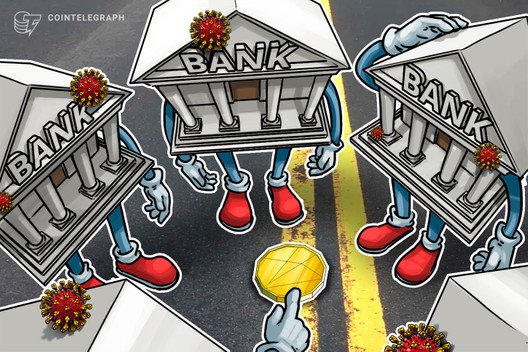India expands national payment network to Singapore: What’s in it for crypto?
One of the banking partners in the cross-border remittance service is also part of the government’s CBDC program.
70 Total views
3 Total shares

Own this piece of history
Collect this article as an NFT
India’s national payment network, called the unified payments interface (UPI), is expanding its services beyond Indian borders to Singapore. The cross-border connectivity between Singapore and India via their respective rapid payment systems, namely PayNow and the UPI. Shri Shaktikanta Das, governor of the Reserve Bank, and Mr Ravi Menon, managing director of the Monetary Authority of Singapore, launched the facility through token transactions using the UPI-PayNow linkage.
The UPI-PayNow integration will allow users of the two nations to send money across borders quickly. It is possible to send or receive money from India using only a UPI-id, cellphone number, or Virtual Payment Address for money held in bank accounts or e-wallets (VPA). UPI’s instant real-time payment system helps to transfer cash immediately via a mobile interface between the two bank accounts.
— MyGovIndia (@mygovindia) February 21, 2023
In the beginning, outgoing remittances will be facilitated by the State Bank of India, Indian Overseas Bank, Indian Bank, and ICICI Bank, while incoming remittances will be facilitated by Axis Bank and DBS India. DBS-Singapore and Liquid Group will provide the service to users in Singapore (a non-bank financial institution).
Related: The regulatory implications of India’s crypto transactions tax
ICICI Bank, a private sector bank in India is also part of the country’s central bank digital currency program. India launched its CBDC pilot in two phases, one in November for the wholesale market and another in December for retail users. Since the trial’s beginning on December 1st, 2022, the digital rupee pilot project has logged 770,000 transactions involving eight banks. Five cities are already participating in the experiment, with nine more cities possibly joining the trial soon.
Sathvik Vishwanath, CEO of Indian crypto exchange Unocoin, told Cointelegraph:
“This is a great value addition for India’s payment rails given that there is close to 30% population in Singapore are ex-pats and they send money to India once a month or a quarter. This integration eliminates friction reducing the processing time and costs.”
India’s digital payment infrastructure has scaled dramatically over the past few years and was popularised with the advent of Covid-19. While the government is sceptical about the larger crypto market, imposing a 30% tax on crypto gains, which subsequently forced major players to move out of the country. However, the government is keen on using blockchain tech for its CBDC program and the existing infrastructure could help in scaling its digital CBDC pilot as well.









